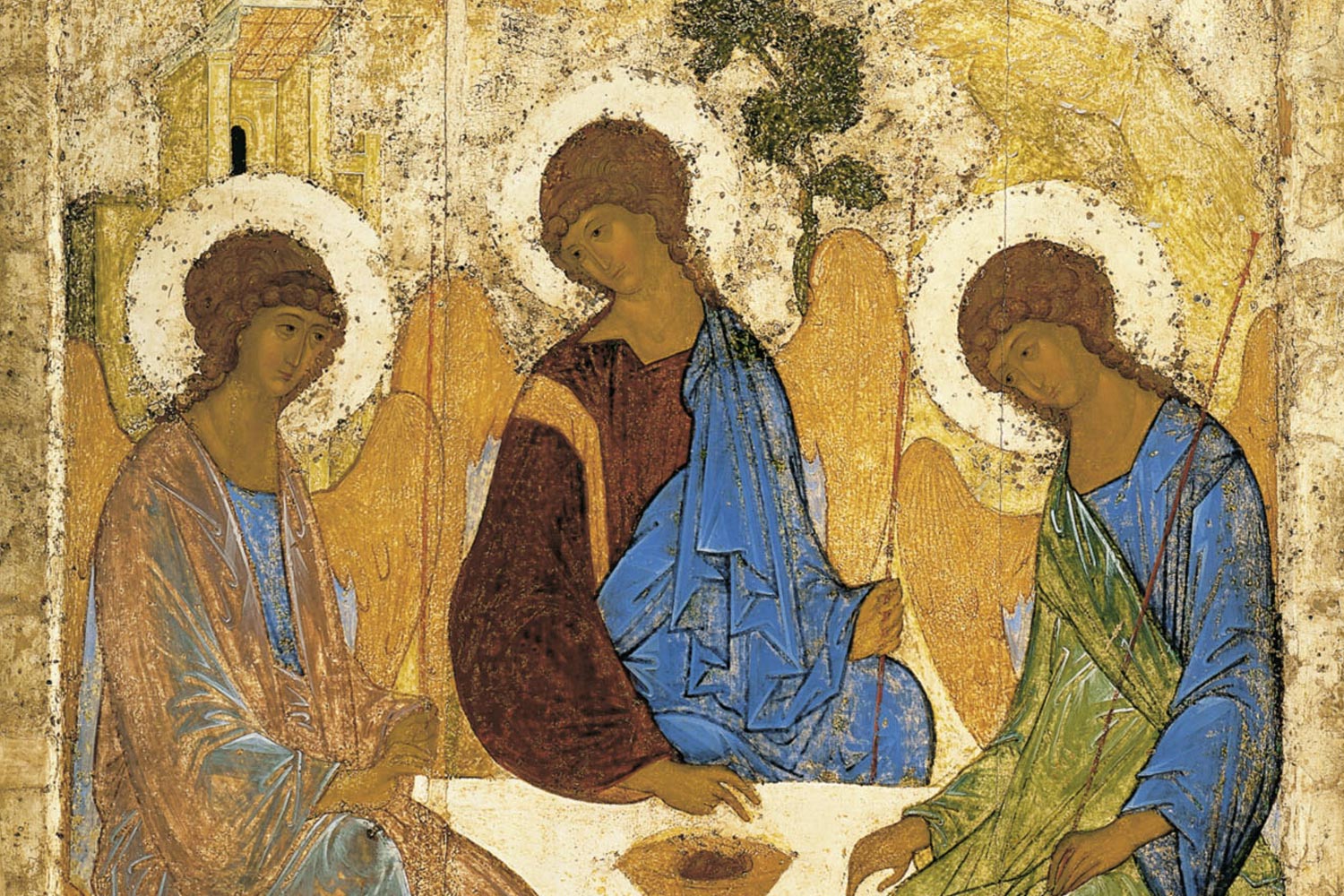At the end of every academic year, we host the Integrative Project symposium, in which The Seattle School’s alumni, current students, faculty, staff, and the Seattle community at large are invited to witness and celebrate the bold, thoughtful, and creative work of our graduating Master of Divinity and MA in Theology & Culture students.
For these students, the Integrative Project serves as a capstone of their time in graduate school—born out of years of study, countless conversations with peers and faculty, and each student’s distinctive embodiment of text, soul, and culture. Their work utilizes a blend of research methodology, personal exploration and engagement, and The Seattle School’s unique lens.
In this video, Sarah Bailey (MDiv) presents on her project, “Abundance and Non-Competition in the Trinitarian Life: An Invitation to Human Flourishing.” Sarah shares about the unity and community of the Trinity, reflecting on how a robust doctrine of the Trinity completely reframed her ideas of what it means to be human.
“Over the course of writing this project, I have come to truly believe that human flourishing and union with God are one and the same.”
Sarah shares from her experiences growing up in church, where fear-based, dualistic doctrine and exclusive male leadership led her to believe that obedience to God meant self-negating subservience, blurring the line between humility and self-hatred. “The individualistic teachings I received about sin and salvation placed my will and God’s will in competition. There was only so much glory and personal agency to go around. […] What I was missing was an expansive and dynamic theology of God’s abundance, and this is why I now believe that the doctrine of the Trinity is so important.”
Every once in a while, we have a difficult time selecting quotes when we share a video on this blog, because there are far too many powerful excerpts to choose from. Sarah’s words and ideas here are beautiful, thoughtful, and compelling. So we’ll get out of the way and let you watch the video.
“God’s radical transcendence means that there can be no competition between God and humanity. There is nothing we can do to threaten God’s being or diminish God’s glory. […] We are the reflection and the overflow of God’s abundance.”

